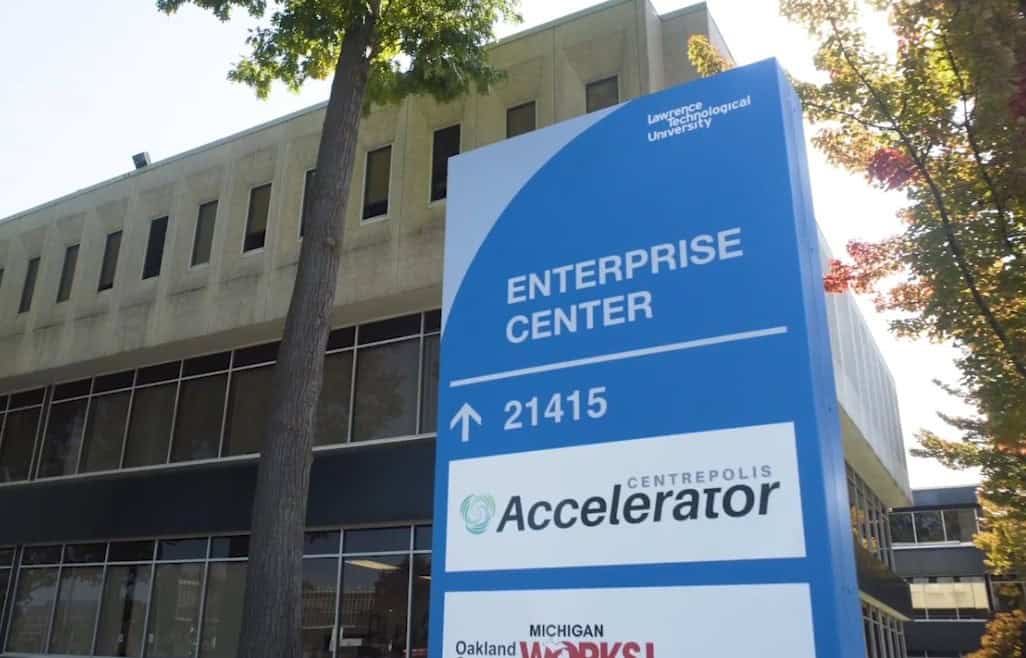LANSING – An innovative energy reduction program will save the public $1.4 billion over the next 12 years, the Michigan Public Service Commission reported.
The report said Michiganders saved more than 1.75 million megawatt hours (MWh) of electricity and nearly 7 million thousand cubic feet (Mcf) of natural gas not used in 2023, according to an annual MPSC report.
The MPSC’s 2023 Utility Energy Waste Reduction Programs Annual Report on the Implementation of Public Act 295 of 2016 makes clear the benefits of robust EWR programs in Michigan. EWR offerings for residential customers include ways to upgrade lighting, heating, ventilation and cooling, weatherization, energy education, appliance recycling and other ways residential customers can use energy more efficiently and save money on their energy bills.
Michigan’s electric and natural gas utilities spent more than $551 million on EWR programs in 2023, and that spending is expected to result in savings of $1.4 billion over the 12-year lifecycle of EWR programs and measures.
For every dollar spent on EWR programs in 2023, customers see $2.54 of benefits, the report concludes.
EWR programs result both in savings that can delay or eliminate the need to build costly new power generation sources and reduce the impact of rising fuel costs that factor into customers’ bills.
EWR programs also reduce the energy burden, improve health outcomes and strengthen the economic security of low-income customers and communities. The MPSC’s EWR Low Income Workgroup, which includes state agencies, utilities and outside organizations, continues its work to develop initiatives to reduce energy costs for low-income constituencies. In 2023, over $142.5 million was spent on programs for income qualified customers, representing more than 20% of the total program budget. More information is at the MPSC’s EWR Low Income Workgroup page.
Michigan’s EWR standard — created in 2008 and amended by the Legislature in 2016 and 2023 — requires all natural gas and electric utilities to implement customer programs that lower energy use to reduce the future cost of service.






